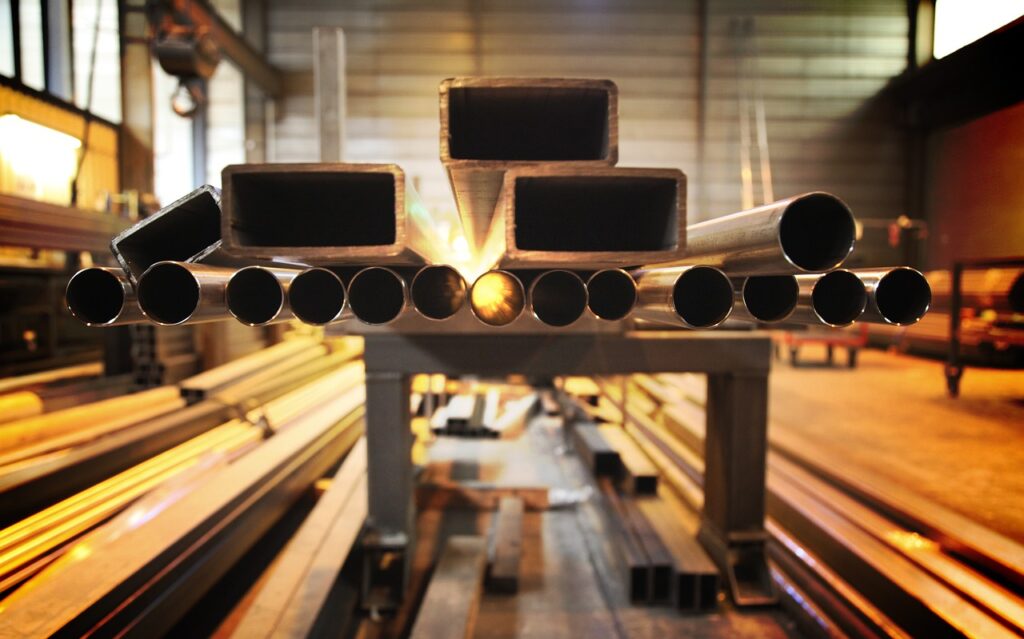German auto parts supplier Kirchhoff Automotive has entered into a groundbreaking seven-year agreement with Swedish start-up H2 Green Steel (H2GS). The deal, valued at $130 million, involves the purchase of “near-zero-emission steel” produced by H2GS, marking a major shift in the automotive supply chain.
Kirchhoff Automotive, known for supplying chassis parts to renowned auto manufacturers like BMW, Mercedes-Benz, Ford, Volkswagen, Audi, Skoda, and Hyundai, aims to incorporate green steel into its production process. The steel provided by H2GS will be manufactured using green hydrogen and renewables-powered electric arc furnaces, aligning with Kirchhoff’s commitment to reducing carbon footprints in its products.
H2GS, based in Sweden, plans to operate a purpose-built facility in Boden, northern Sweden, starting production in the coming year. The facility is designed to produce five million tonnes of green steel annually by 2030. The production process involves utilizing green hydrogen generated from around 1GW of electrolysers, showcasing a holistic approach to sustainable steel manufacturing.
H2 Green Steel secured substantial financial support, including €4.55 billion in financing from European banks and export credit agencies in October 2022. The company has also formed strategic partnerships with prominent players in the automotive industry, such as Mercedes-Benz, Porsche, Scania, Cargill, ZF, Marcegaglia, SPM, and Bilstein Group.
Challenges and Solutions:
While the shift from traditional, coal-based steel to green steel involves additional costs of approximately €300 ($326) per car, Kirchhoff Automotive believes that this expense can be absorbed by customers accustomed to higher price points for new vehicles. The collaboration between Kirchhoff and H2GS also emphasizes the recycling aspect, with a commitment to sending at least 30% of steel scrap volumes back to Boden for recycling.
The agreement signifies not only a business transaction but a commitment to sustainability and environmental responsibility in the automotive industry. As the automotive sector faces increasing pressure to reduce carbon emissions, the adoption of green steel becomes a pivotal step towards achieving broader climate goals.
While the steel produced in northern Sweden won’t be entirely emissions-free due to the use of pelletized iron ore shipped from Brazil and Canada, H2GS highlights that the embedded emissions (40-50kg of CO2 per tonne) will be offset by the substantial reduction (1,800-1,900kg of CO2 per tonne) achieved through their innovative manufacturing process.
